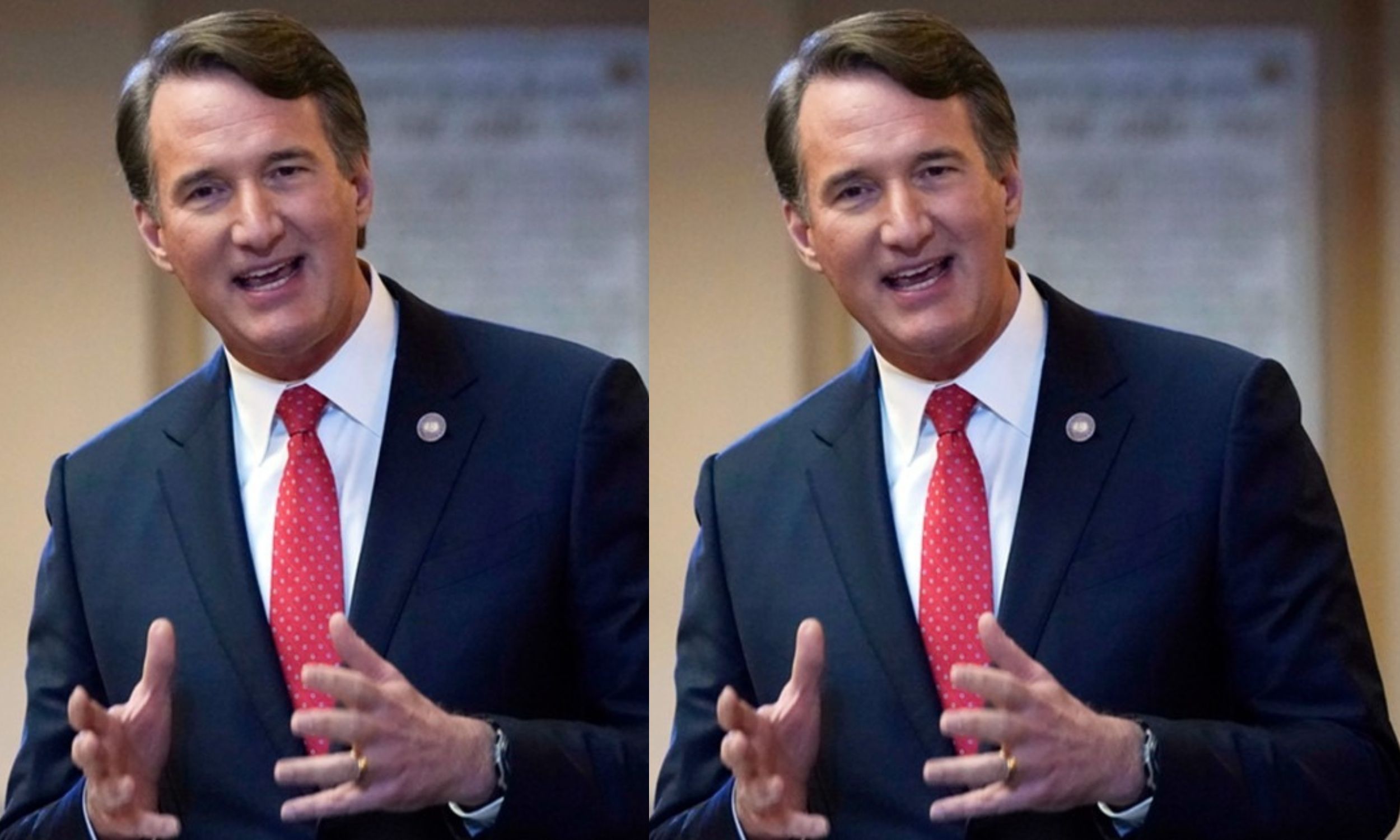Virginia Governor Glenn Youngkin has sparked controversy by vetoing two bills aimed at stripping tax exemptions from Confederate groups, including the United Daughters of the Confederacy.
This organization has been criticized for its opposition to removing Confederate statues and markers, which many see as symbols of white supremacy and slavery.
Youngkin’s veto has been met with outrage from Democratic leaders, who argue that the state should not be providing tax breaks to groups that promote hate and discrimination.
The vetoed bill would have removed tax exemptions for real estate and personal property owned by several Confederacy heritage groups, including the United Daughters of the Confederacy, the Confederate Memorial Literary Society, and the Stonewall Jackson Memorial.

Youngkin claimed that the bill was “not ready to become law” and that property tax exemptions were “ripe for reform,” but his decision has been seen as a nod to Confederate sympathizers.
The United Daughters of the Confederacy has been accused of promoting a whitewashed version of history, downplaying the role of slavery in the Civil War, and glorifying Confederate leaders.
The organization’s president, Jinny Widowski, has defended the group’s mission, saying that they are committed to charitable work and preserving history. However, critics argue that the group’s efforts to maintain Confederate symbols and markers are a form of hate speech and discrimination.
Youngkin’s veto comes at a time when Confederate symbols are being reevaluated across the country. In the wake of George Floyd’s murder, many schools and public spaces have removed Confederate names and symbols, citing their association with white supremacy and racism.
However, there has been a pushback from conservative groups, who argue that these symbols are an important part of American history and culture.
The debate has sparked heated discussions about the role of Confederate symbols in public spaces and the need for greater understanding and reconciliation.

